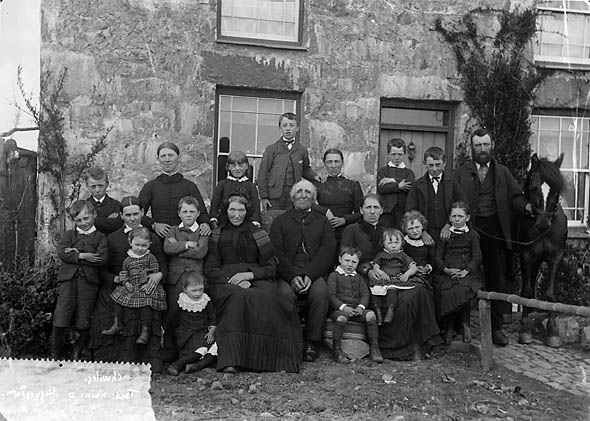Now, once you stop to think about it, a sibling is, obviously, a small sib. This means that, as one's ordinary siblings have a habit of taking up far too much space as it is, a sib must be enormous, and therefore very easy to spot indeed.
And as it happens sibs are easy to spot because a sib is any blood relative (though, come to think about it, I didn't have any visible blood relatives either until I was well into adulthood). A sib can indeed be a brother or sister (not, sadly, only a really hugely fat one) or a sib can be, and I quote the Collins English Dictionary here, a kinship group that is bonded by kinship through one line of descent only. Which, actually, I'm not sure I understand: something involving step-brothers?
Other dictionaries suggest that a sib can be a) any relative of any kind, b) anyone you think is a relative, or, c) anyone who is reckoned to descend from the same mythical ancestor.
Well, if that includes old Adam then that makes this Spot the Frippet a very easy thing indeed.

The Chwilog family. Photo by John Thomas, Wales, c 1885.
Spot the Frippet: sib. The Old English form of this word was sibb, and it's related to the Old Norse sifjar, relatives, the Old High German sippa, kinship, and the Latin suus, one's own. The word survives in the English word gossip, which started off meaning godparent,
No comments:
Post a Comment
All comments are very welcome, but please make them suitable for The Word Den's family audience.